Do you ever think about how your coffee might hurt the planet? The truth is, making coffee the usual way can harm the environment a lot. This includes how we get the beans and what happens to the used grounds. But, there’s a way to enjoy your coffee that’s kinder to the Earth.
In this article, we’ll show you how to make coffee in ways that are good for our planet. You’ll learn how to brew your coffee in a way that’s better for the environment.
Key Takeaways
- Discover eco-friendly coffee bean options, including organic and fair trade certifications.
- Learn about the importance of supporting local coffee roasters for a more sustainable supply chain.
- Explore energy-efficient brewing methods that reduce waste and conserve resources.
- Understand the environmental impact of your coffee consumption and how to make more sustainable choices.
- Enjoy your daily cup of coffee while feeling good about the positive impact you’re making.
Choosing Eco-Friendly Coffee Beans
Choosing eco-friendly coffee beans is the first step to a sustainable cup. Look for organic and fair trade certifications. These ensure the beans were grown and harvested in an eco-friendly way. They also support small-scale farmers.
Organic and Fair Trade Certifications
Organic coffee beans are grown without harmful chemicals. This is good for the soil and local ecosystems. It also means the beans are free from harmful residues.
Fair trade certifications mean farmers get a fair price for their work. They also get resources to improve their lives.
Supporting Local Coffee Roasters
Supporting local coffee roasters is also important. These small businesses often know the growers well. They provide clear information about their beans.
By choosing local roasters, you help the local economy. You also get eco-friendly coffee.
| Certification | What it Means | Benefits |
|---|---|---|
| Organic | Grown without synthetic pesticides or fertilizers | Protects the environment, ensures bean quality |
| Fair Trade | Farmers receive a fair price for their beans | Supports small-scale growers and their communities |
Choosing organic coffee beans and fair trade coffee helps the environment and people. Supporting local coffee roasters also benefits the local economy.
“Sustainable coffee is not just about the quality of the bean, it’s about the quality of life for the people who grow it.”
How to Make Coffee Using Sustainable Brewing Methods
Enjoying a delicious and eco-friendly cup of coffee is easy. The brewing method you choose is key. Sustainable options help reduce waste and lower your environmental impact.
Reusable coffee filters are a great choice. They’re made from materials like stainless steel or cloth. You can wash and reuse them, cutting down on waste. Plus, they let more of the coffee’s natural oils through, improving flavor.
For those who like single-serve pods, compostable ones are a good option. They’re made from biodegradable materials. You can compost them, reducing landfill waste.
Energy-efficient coffee machines are another smart choice. They use less electricity, saving you money and reducing carbon emissions. Some even turn off automatically to save more energy.
For a deeper commitment to sustainability, try zero-waste brewing. Methods like French press or pour-over don’t need disposable filters. They let you enjoy great coffee while being kind to the planet.
Small changes in your coffee routine can make a big difference. Try reusable filters, compostable pods, and energy-saving machines. These options help coffee lovers reduce their carbon footprint.

| Sustainable Brewing Method | Benefits |
|---|---|
| Reusable Coffee Filters | Reduces waste, enhances flavor |
| Compostable Coffee Pods | Biodegradable, less waste in landfills |
| Energy-Efficient Coffee Machines | Lower energy consumption, cost savings |
| Zero-Waste Brewing (French Press, Pour-Over) | Eliminates the need for disposable filters |
“By making small changes to your coffee-making routine, you can enjoy a delicious and eco-friendly cup of coffee every day.”
Conclusion
We’ve learned that making eco-friendly coffee is easy and rewarding. Choosing organic and fair trade beans helps. Supporting local roasters and using efficient methods also makes a difference.
By doing this, we enjoy great-tasting coffee and help the planet. Every cup we make can contribute to a better future.
Let’s keep trying new ways to brew coffee sustainably. We can find new flavors and methods that match our values. Together, we can enjoy coffee and help make the world a greener place.
FAQ
What are the benefits of using sustainable coffee brewing methods?
Sustainable coffee brewing is good for the planet. It helps small farmers and local businesses. It also makes our daily coffee ritual greener.
Choosing organic and fair trade beans is key. Using energy-saving brewing gear helps too. This way, we enjoy coffee while being kind to the earth.
How can I identify eco-friendly coffee beans?
Look for beans that are organic and fair trade. These labels mean the beans were grown sustainably. They also support small farmers.
Supporting local roasters is also a good idea. They often know their growers well. This way, you get beans that are both good for the planet and fair to farmers.
What are some sustainable coffee brewing methods I can use at home?
There are many ways to brew coffee sustainably at home. Here are a few:
Use reusable filters instead of paper ones. This cuts down on waste. If you have a single-serve machine, choose compostable pods.
Choose an Energy Star certified coffee maker. It uses less power. Try methods like French press or pour-over. They don’t need disposable filters.
How can I reduce waste when making coffee at home?
To make coffee at home with less waste, try these tips:
Use reusable filters instead of paper ones. If you have a single-serve machine, pick compostable pods. Grinding your own beans is better than buying pre-ground.
Compost your coffee grounds and filters. This keeps them out of landfills.
Where can I find information on local and sustainable coffee roasters in my area?
Finding local and sustainable coffee roasters is easy. Here’s how:
Check online directories like Green America or Buy Local. Search for “sustainable coffee roasters” or “local coffee roasters” in your area. Ask local environmental groups for recommendations.
Read More Blogs:
Why does coffee make you poop?
How to descale a coffee maker? – The Best methods to clean your coffee maker
How many cups and tablespoons are in a pound of ground coffee?


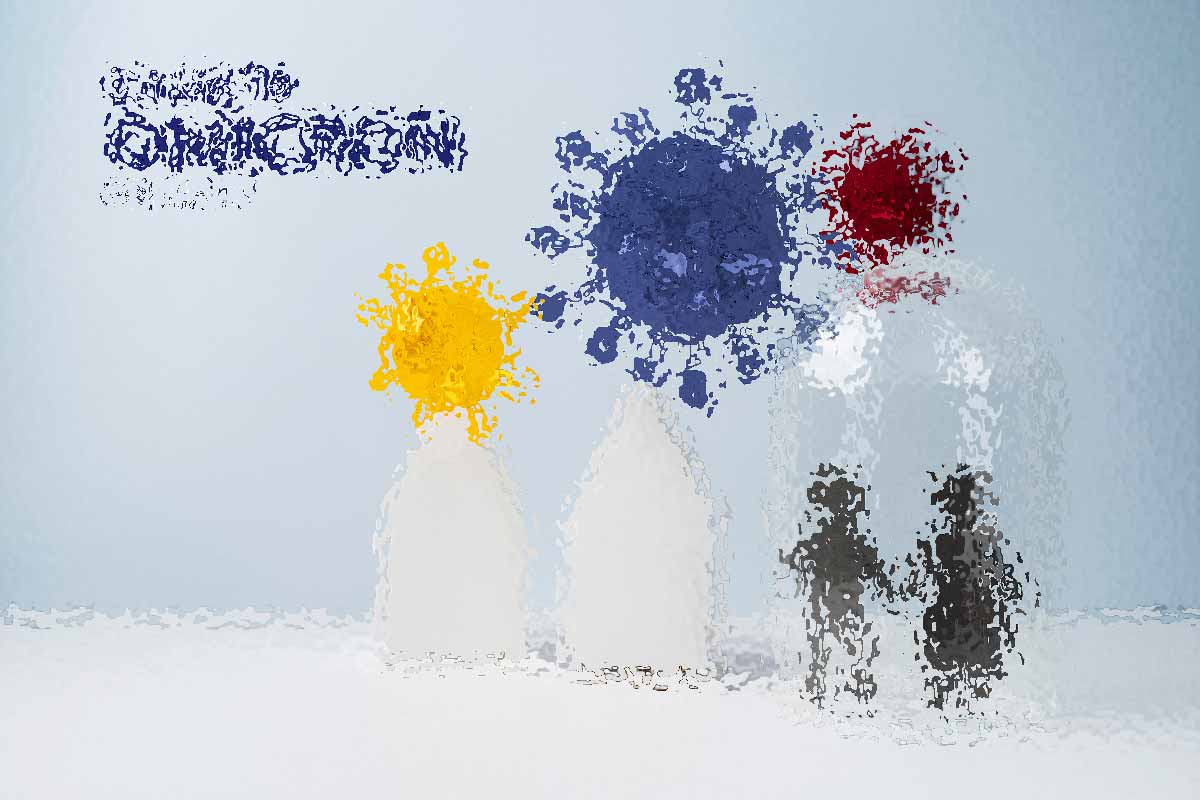

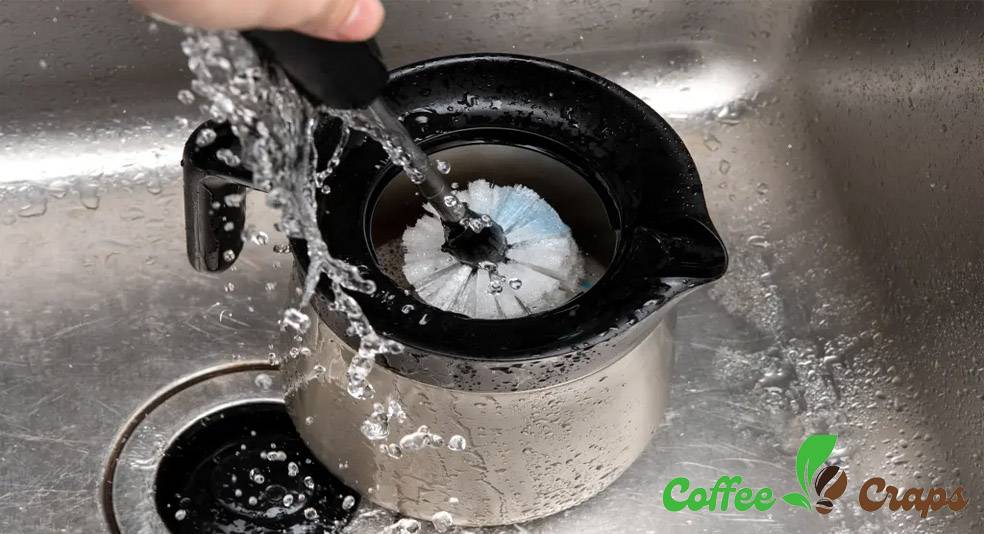
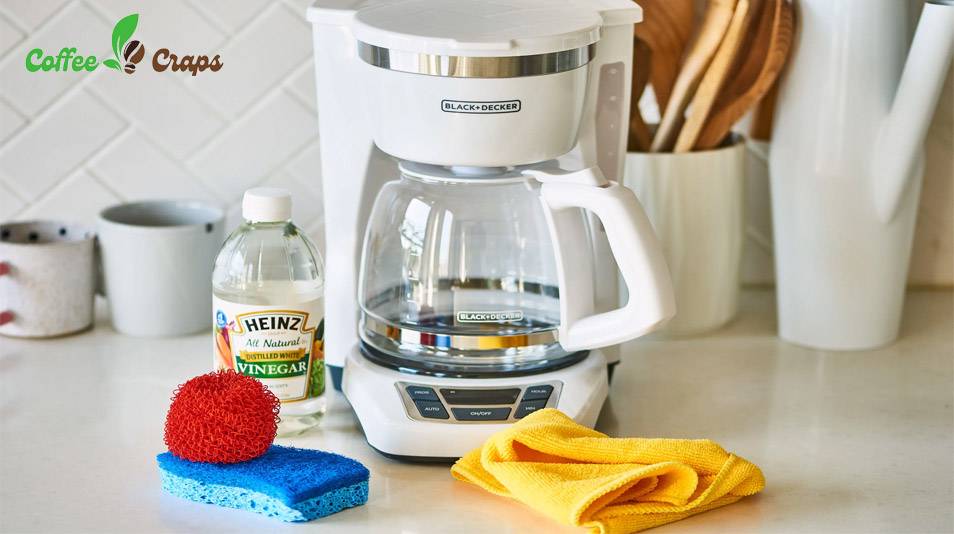
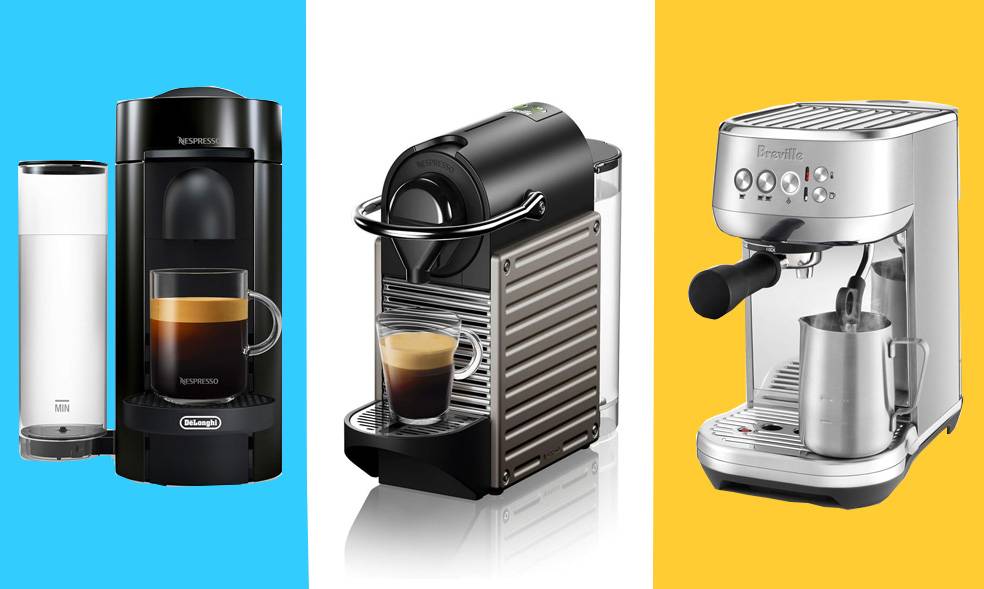



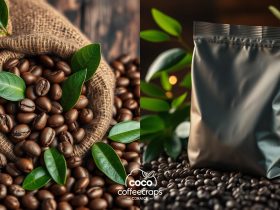






Leave a Reply